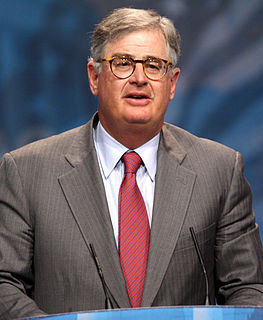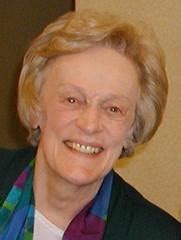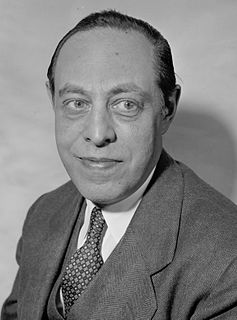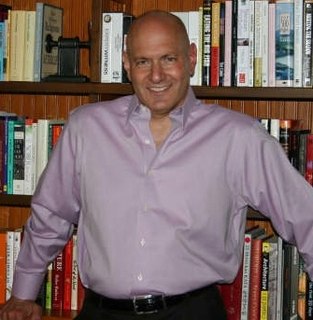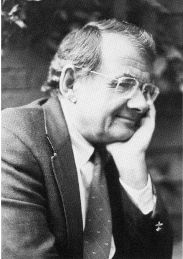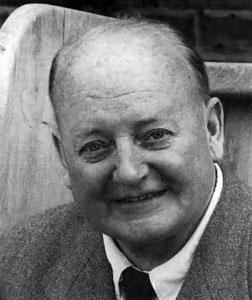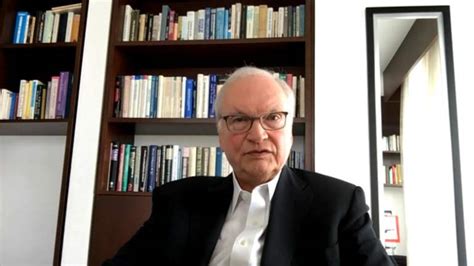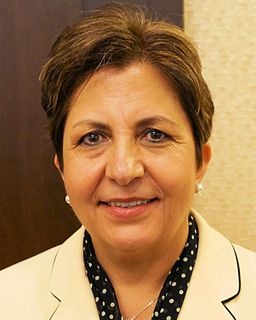A Quote by Darold Treffert
When we come to research, if we want to find out the cause of autism, we're going to have to be much more specific, and that's why when it comes to research, I'm fairly strict with respect to criteria. When it comes to treatment, I'm much more open to not making that differentiation.
Related Quotes
I have a fairly strict definition of early infantile autism. That is not to say that people who don't meet that classic description don't have autism, but we might do well to narrow our definitions, and our samples, down to groups that are very similar, because I think you're more likely to find the cause.
I think that if I could do any sort of research of autism that I wanted to do, at this point I would take a sample of classic, early infantile autism persons and compare them with what I call "classic late onset autism", individuals. I think we will find that the cause of those youngsters with autism who have autism from birth is probably different than those who have late onset autism.
We have to convince people that they have the power to elect people. The people they are electing are the ones making the decisions about how our tax dollars are going to be spent. Is it going to be for more jails, or for more schools? For more house services? It's very important that people understand that, do their research and find out who to vote for.
Parents don't particularly care whether it's early infantile autism or whatever label the clinicians have put on it. All they want is treatment, and they want what's best for their child, whatever that is. And when it comes to treatment, it may be that there's much more shared interventions that don't make any difference what label we're putting on it.
What do we know about autism in 2013? Autism symptoms generally emerge before age three and usually much earlier, often as language delays or lack of social engagement. Recent research suggests that autism can be detected during the first year of life, even before classic symptoms emerge. Indeed, the symptoms may be a late stage of autism.
This example illustrates the differences in the effects which may be produced by research in pure or applied science. A research on the lines of applied science would doubtless have led to improvement and development of the older methods - the research in pure science has given us an entirely new and much more powerful method. In fact, research in applied science leads to reforms, research in pure science leads to revolutions, and revolutions, whether political or industrial, are exceedingly profitable things if you are on the winning side.
I think one of the problems with the definition of autism is we keep expanding it. It started as "early infantile autism", and then it became "autism", and now it's "autism spectrum disorder". I'm not opposed to that from the standpoint of trying to broaden our vistas, and so forth. But from a research point of view, the term autism is lost in specificity.





